Description
Resveratrol is found in the skin of grapes, but also in other various plants. It is known as an antioxidant and got a lot of attention when a study on mice showed that resveratrol increased the lifespan of these animals in spite of being fed a high fat, high calorie diet (Baur JA, et al. 2006). Resveratrol was found to stimulate SIRT-1, one of the longevity genes. Some of the other changes also include improved insulin sensitivity, increased number of mitochondria (the energy producing entity of the cell) and improved motor function (they moved better).
When tested, resveratrol was found to be a potent anti-inflammatory agent (Takada Y, et al, 2004).
Resveratrol and quercetin have also demonstrated a dose-dependent inhibition of platelet aggregation (formation of blood cloths) which may prove protective benefits against atherosclerosis (Pace-Asciak CR, et al, 2005).
Resveratrol has shown to inhibit cancer in human cell lines including breast cancer (Roncoroni L, et al, 2008, Tang FY, et al, 2008, Le Corre L, et al, 2005).
Resveratrol has demonstrated antifungal activity against candida albicans (Jung HJ, et al, 2007).
Resveratrol has been documented to be able to modulate enzyme systems involved in carcinogen activation and detoxification, which may be one mechanism by which resveratrol inhibits carcinogens (Chow HH, et al. 2011).
Nutritional Facts:
|
Serving Size 1 Capsule |
||
|
Amount Per Capsule |
% Daily Value |
|
|
Japanese Knotweed Extract (Polygonum cuspidatum)(root)(standardized to 50% |
500 mg |
* |
|
* Daily value not established |
||
Other Ingredients:
Vegetarian capsule (hydroxypropyl methylcellulose, water), microcrystalline cellulose, ascorbyl palmitate, and silicon dioxide



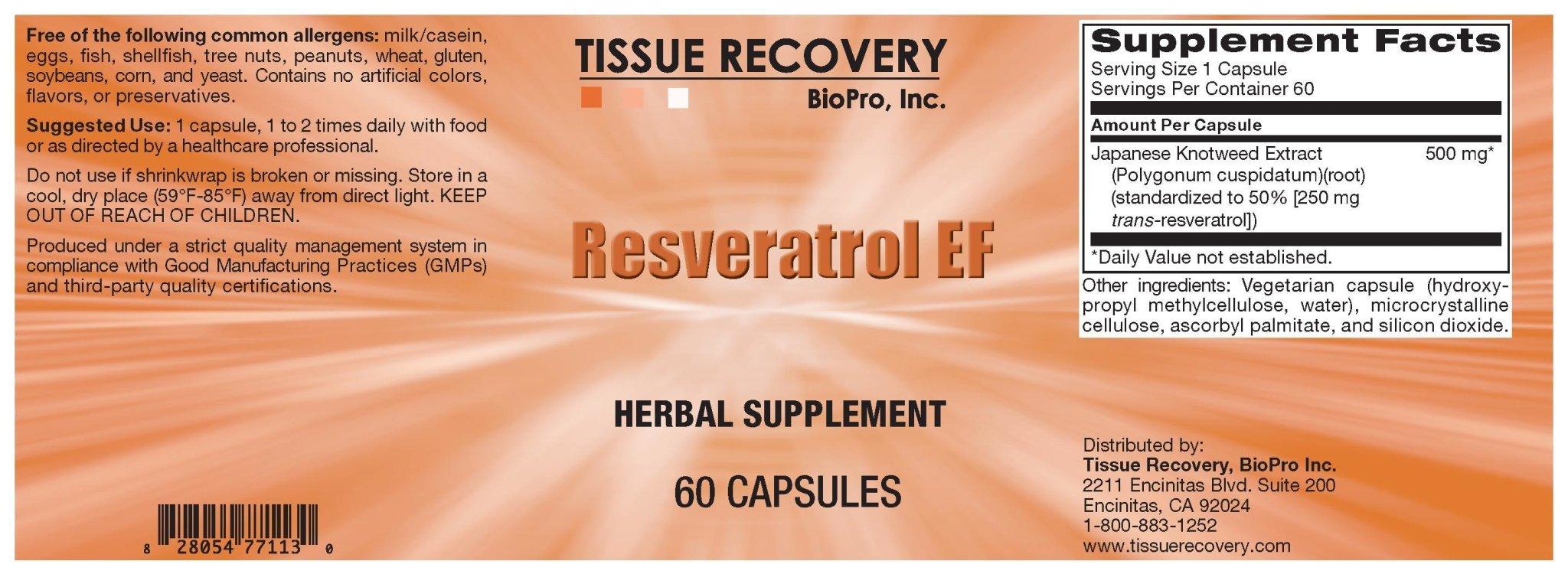


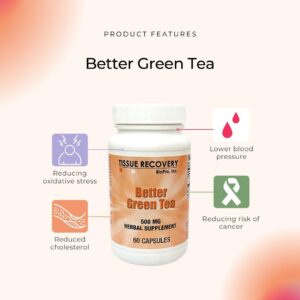
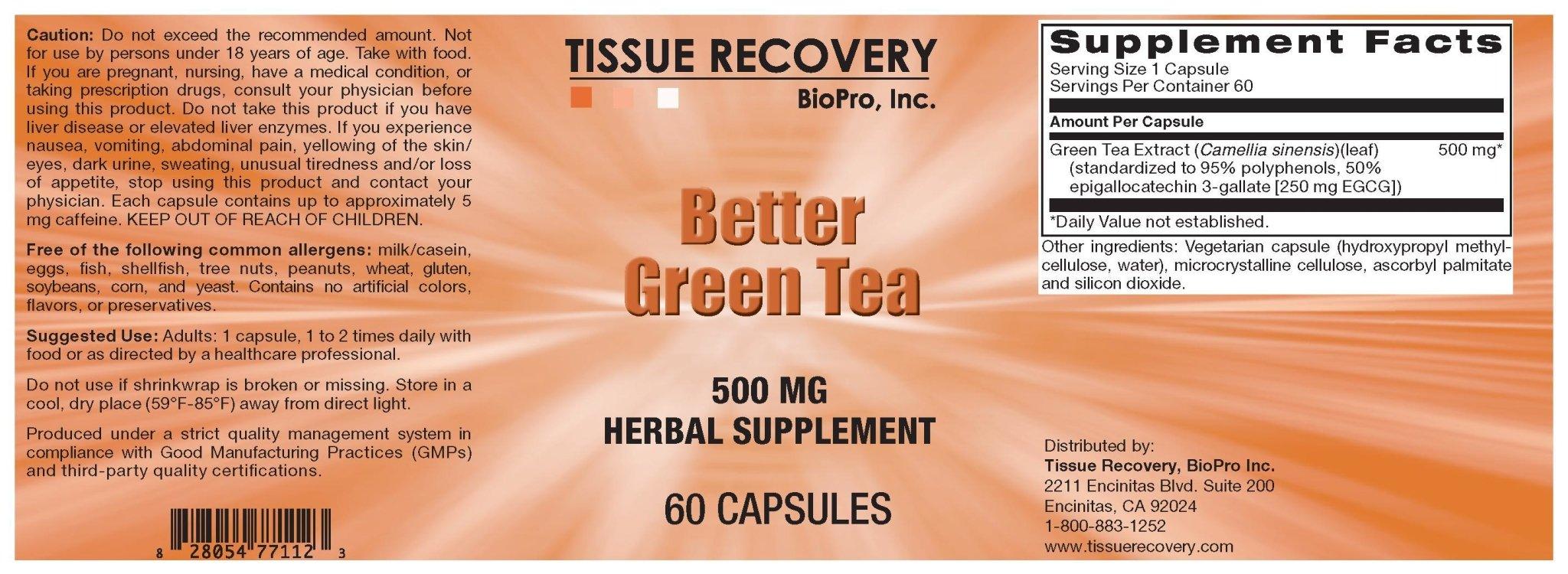
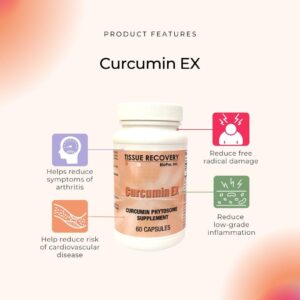
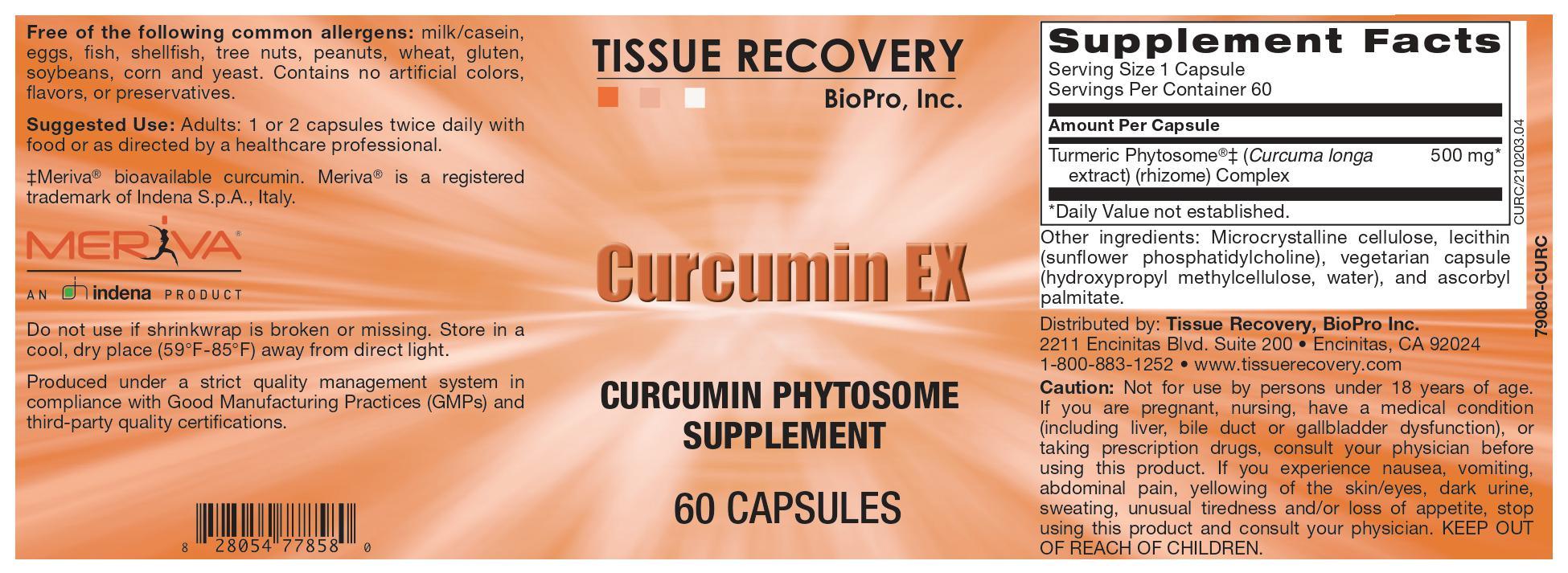
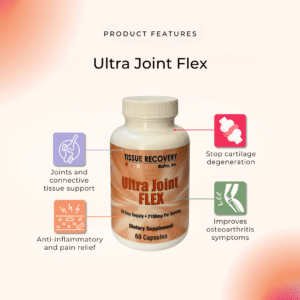
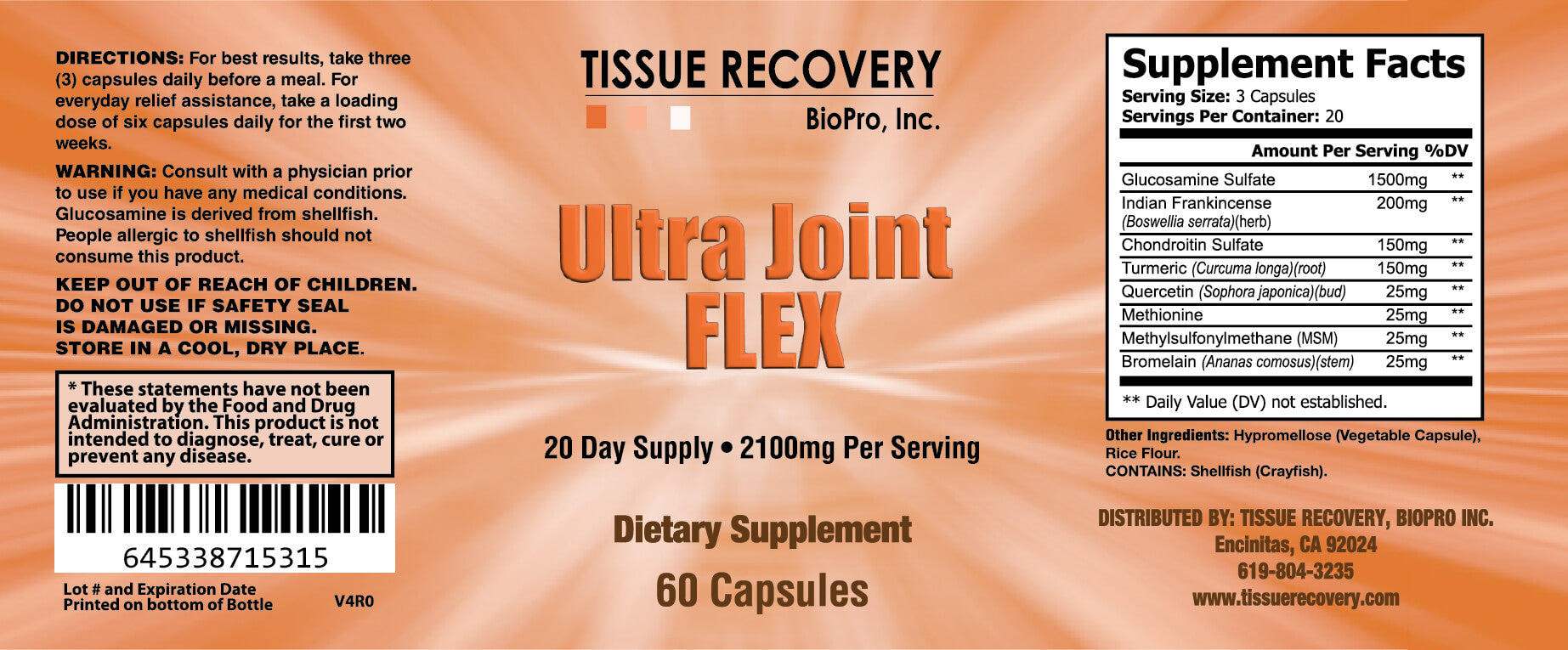
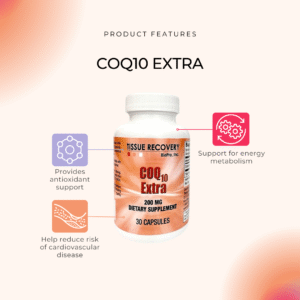
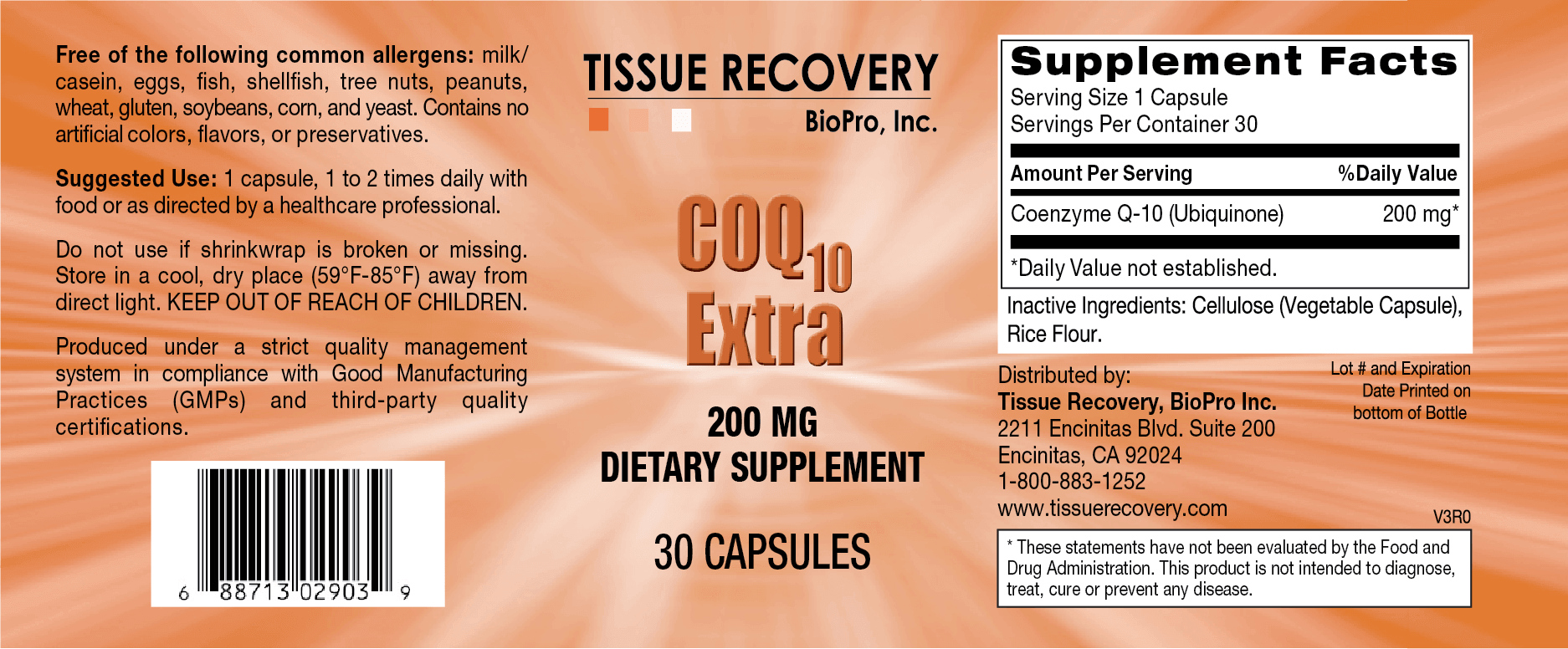
There are no reviews yet.